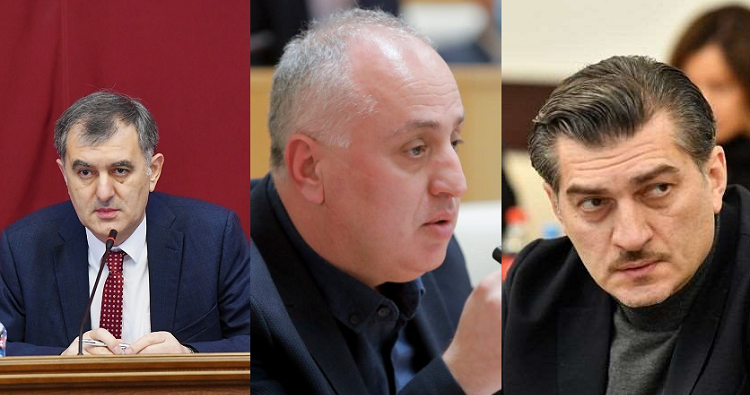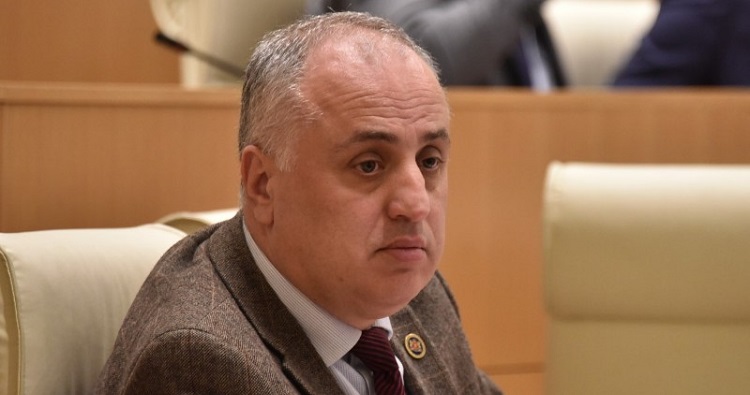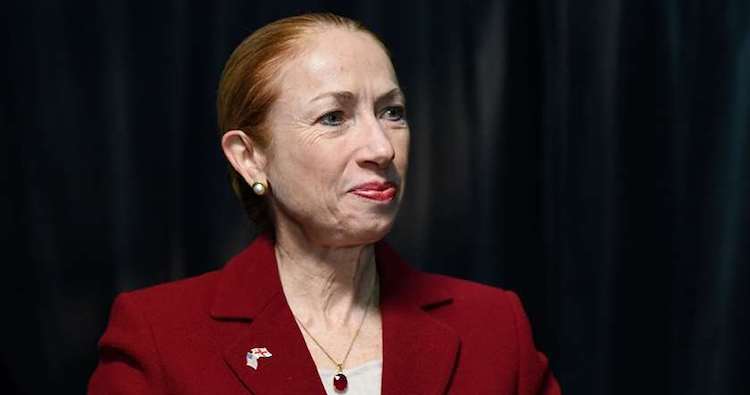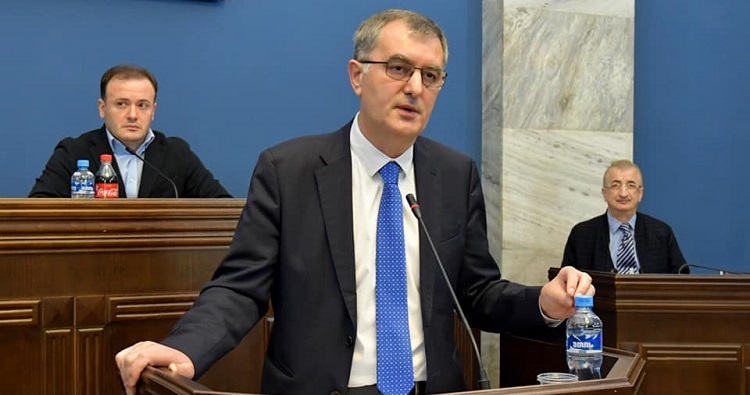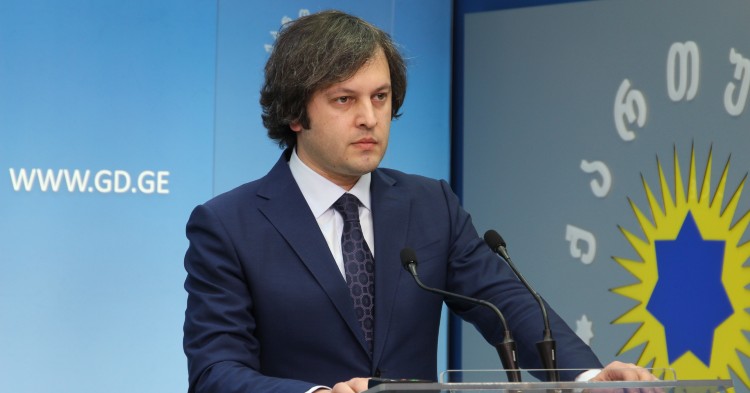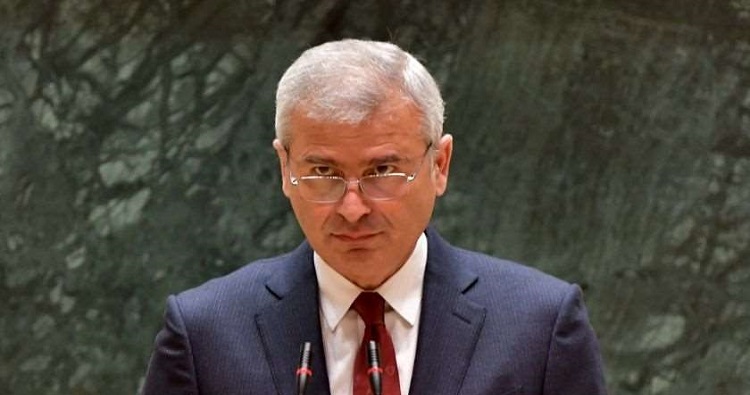Parliament Committee Chair says election watchdog should distance itself from “improper demands not suitable for NGO”
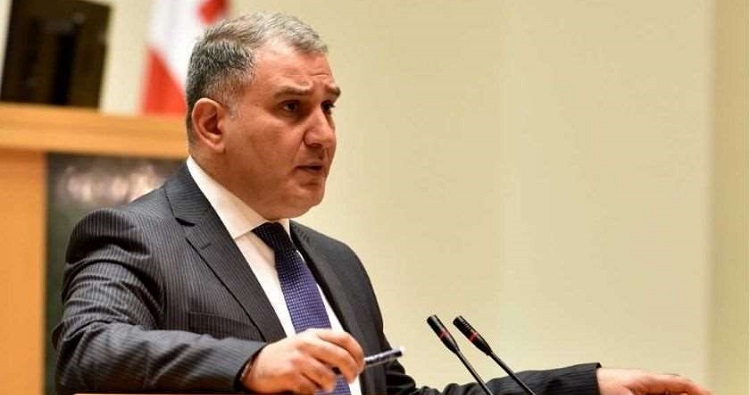
In his comments over the matter, Sarjveladze stressed the decision of the ruling team on ISFED did not mean the latter “entering into a confrontation” with the civil sector. Photo: Parliament of Georgia
Mikheil Sarjveladze, the Chairman of the Committee on Human Rights of the Georgian Parliament, on Monday said the International Society for Fair Elections and Democracy, a Georgian-based election watchdog, should “distance itself” from “improperly made” demands that “are not suitable for an NGO”.
Sarjveladze was commenting on the exclusion of the organisation from work at the Georgian Parliament on conditions outlined by the European Commission for granting the country the membership candidate status.
In cases when civil sector actors begin to represent themselves as political actors, the line between a political actor and the civil sector starts to become blurred. Therefore, it is better for those who represent non-governmental organisations to take a seat and be in the working group with this quota, as political parties are already represented in these working groups”, Sarjveladze said.
The Parliament official noted the decision of the ruling Georgian Dream party regarding ISFED was “logical and consistent”.
[L]ooking back at the period of 2020 [following the Parliamentary elections], the parallel vote tabulation was falsified, which caused much stir and many misinterpretations. If it weren't for great efforts of the Georgian Dream party to reveal what we were actually dealing with, this fact might have been unknown to the public and the public would have been misinformed about the mechanisms of wrong counting”, Sarjveladze continued, in reference to the ISFED’s release of election data the organisation later had to retract due to inconsistencies in its counting.
In his comments over the matter, Sarjveladze stressed the decision of the ruling team on ISFED did not mean the latter “entering into a confrontation” with the civil sector.
We do not have such a mood and attitude [to enter into a confrontation]. Simply, [in the working groups] the civil sector should be represented as such, not as political actors for whom another place is [already] allocated [...] - this quota [for civil sector representatives] cannot be occupied by political actors”, Sarjveladze concluded.
The US Embassy on Friday said “the exclusion of ISFED, one of Georgia’s most trusted and experienced election observation organisations, from the Parliamentary working group on election reforms directly contradicts the European Commission’s recommendation that Georgia ensure the involvement of civil society in decision-making processes at all levels”.
Georgian Parliament Speaker Shalva Papuashvili on Sunday said ISFED had “refused to distance itself” from the opposition’s demand of a technical government involving the opposition being formed in the country, adding the refusal had served as the basis of not inviting the organisation to the Parliamentary working group on electoral issues.
“ISFED should tell the public whether they will withdraw the ultimatum to have a decisive say in forming the government; if they withdraw the ultimatum, then they can participate in the working group”, Papuashvili said.
 Tweet
Tweet  Share
Share
